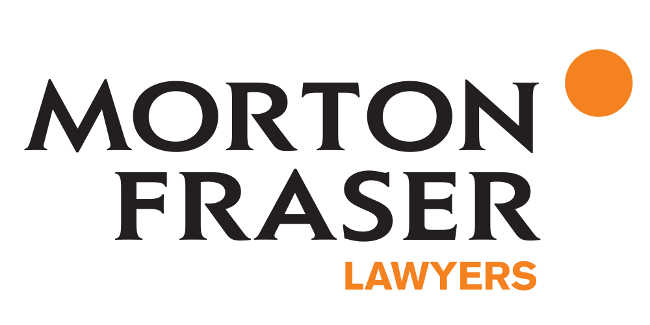David Hossack: Will mediation have a greater role to play for businesses during recession?

David Hossack
David Hossack gives insight into the role mediation will play in the developing economic climate.
For a business in the throes of a commercial dispute, the financial strain of legal action is bound to weigh heavy, and so where possible, most will want to avoid a dispute ending in litigation.
Litigation can be as expensive as it is time consuming, and the sheer output of resources needed to decide a conflict in the courts can be draining for not only companies small or large, but the individuals in the crossfire.
In the current recessionary economy, this cost may bear greater impacts than usual. From tackling inflation, to supply chain issues and talent shortages, businesses are cutting costs to help manage these challenges and incurring a costly lawsuit will be a last resort for many.
While litigation is at times the only recourse, mediation may have a greater role to play in solving commercial disputes in this economy.
Mediation is a non-court method of dispute resolution, which allows for both parties to sit round the table with an independent mediator helping to find a resolution that works for both sides. The mediator does not suggest a solution but rather helps the parties in the negotiation. Rather than being viewed as an alternative to court it might be better described as assisted negotiation.
This is particularly relevant this month given Scottish Mediation held its annual conference, aiming to raise awareness and encourage discussion of the role mediation can play in Scotland.
Mediation facilitates an effective discussion between two groups and creating an opportunity for both parties to feel understood. Businesses will benefit from considering mediation as the first step in dispute resolution where they can agree on the outcome, before taking a conflict to the courts to decide.
For businesses dealing with conflicts, there are a few steps businesses should take to ensure that both sides get the most from the process.
- Make sure you and the other party are well prepared for mediation. Mediation is a flexible and voluntary process. Before a business enters into mediation it is important to ensure that it is well prepared to make the best of the process. This will entail understanding the facts, consequences and the relevant legal points.
- Find a good mediator. Finding a good mediator can help ensure that the conflict is resolved satisfactorily. Yet, both parties must agree on the mediator. Businesses should make sure that the mediator is trained, experienced and takes seriously continuing professional development to ensure that skills are honed. While a good mediator is most important, it might also be worthwhile for businesses to consider a mediator with knowledge of the relevant sector – this can be searched for via the Scottish Mediation Register.
- Keep it confidential. Another important benefit of mediation is that it is a confidential process, which should bring comfort to businesses. Both sides usually sign confidentiality agreements to minimise the risks of information about the dispute or companies involved reaching the public and can control what is said about the outcome.
- Think creatively. One of the roles of the mediator is to challenge the parties to explore a range of options to resolve the dispute. The mediator will have the parties work through how these options might be applied to the dispute, aiming to arrive at a solution that works for all parties. This helps parties move from the win/lose dichotomy that is inherent in the Court Process.
- Be patient. For some conflicts, it can take time to reach a resolution that all parties can accept. Taking the time to explore a dispute thoroughly and creatively to reach a fair resolution can help ensure that the conflict doesn’t resurface in the future and may serve to ensure that ongoing relations between the parties work.
With the Scottish economy now in recession, mediation is becoming a far more attractive method for businesses seeking dispute resolution, thanks to its cost savings and the often-shorter time periods through which a conflict can be resolved.
For organisations dealing with a conflict, considering these tips alongside experienced legal counsel will help maximise the results achieved through alternative dispute resolution.

David Hossack is an accredited specialist in commercial mediation and partner in the commercial litigation team at law firm Morton Fraser.







